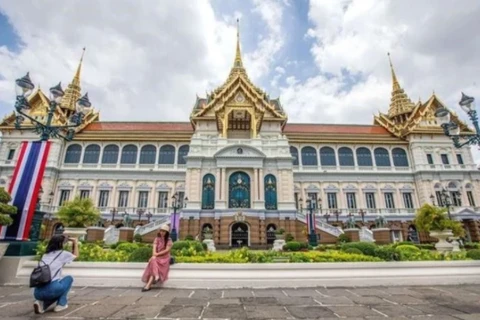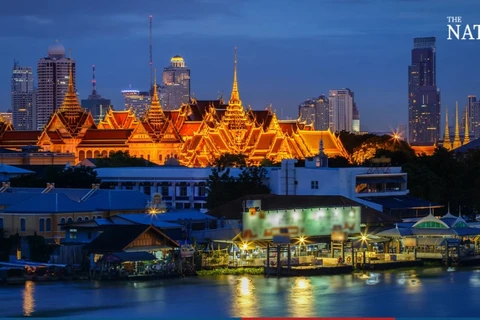Bangkok (VNA) – Thailand plans to offer more visa waivers for European tourists and hold cultural festivities to draw international visitors and increase their spending.
Speaking at a recent interview, Prommin Lertsuridej, a top aide to Prime Minister Srettha Thavisin, said that the Thai Government is discussing a plan to let tourists of some European nationalities stay as long as 90 days.
There will also be about 3,000 events like music concerts, marathons and other cultural festivities organised through next year to draw tourists, he said.
Since Srettha took office in August, he has identified tourism as a “quick win” to accelerate Thailand’s economic growth. His administration has temporarily waived visa requirements for travellers from Russia, China, Kazakhstan, India and Taiwan, and ordered airlines to add more routes while streamlining airport operations to cut waiting time for visitors.
Thailand also plans to allow nightlife entertainment venues in some areas of Bangkok, Phuket, Chiang Mai and Chonburi to operate until 4 am from next month.
According to the Thai tourism authority, although the country has rolled back most pandemic-era curbs on visitors, average spending per traveller has lagged pre-COVID levels and missed official estimates.
In 2019, the country saw nearly 40 million foreign arrivals – a record number of visitors who generated 1.91 trillion baht (about 53.7 billion USD) in revenue. In 2019, each tourist spent an average of 47,895 baht per trip which lasted nine days on average.
However, from the beginning of this year to November 12, Thailand welcomed 23.2 million foreign tourists and got a revenue of 981.7 billion baht, meaning that average spending per trip now is about 12% below that of 2019.
The Tourism Authority of Thailand has set a goal to raise foreign tourism revenue back to pre-COVID levels, targeting at least 2 trillion baht (57 billion USD) in 2024./.

























